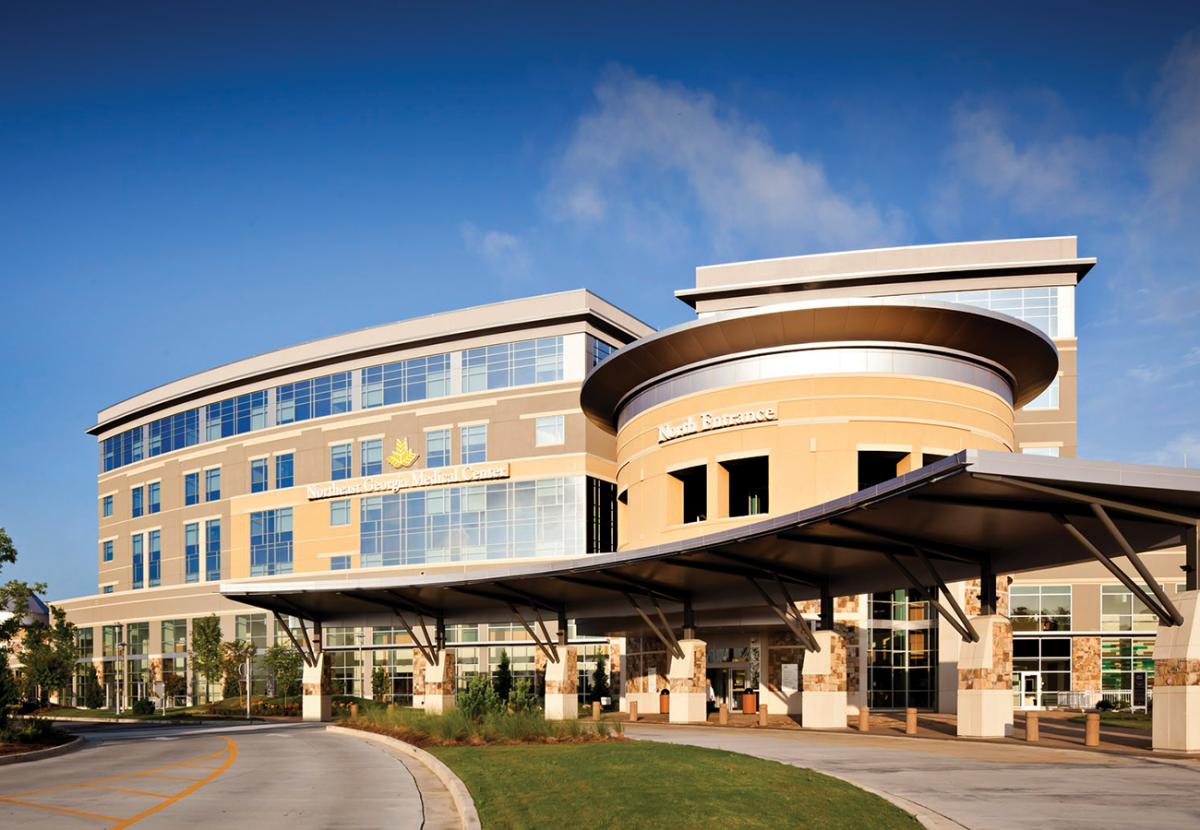
As the number of positive cases of COVID-19 and associated deaths in Georgia continue to climb, Northeast Georgia Health System (NGHS) physicians and board members – along with Hall County and City of Gainesville elected officials – are collectively urging you stay home for at least 14 days to slow the spread of the virus.
“This is a critical moment in time for the health of our local communities, state and nation,” says Supriya Mannepalli, MD, medical director of Infectious Disease for Northeast Georgia Medical Center (NGMC). “If people don’t stay home and isolate more strictly now, COVID-19 will continue to spread rapidly – potentially as rapidly as it has in other countries that waited until it was too late to avoid dire consequences.”
As of 5 p.m. on March 27, the Georgia Department of Public Health reports 2,001 positive cases of COVID-19 and 64 deaths already caused by the virus.
“When you hear experts talk about ‘flattening the curve,’ what they’re talking about is slowing the spread of COVID-19 before hospitals and healthcare resources are overwhelmed,” says Shravan Kethireddy, MD, medical director of Critical Care for NGMC. “If that happens, we will be forced to start making extremely difficult decisions about who receives care and who doesn’t – and no one ever wants to make those decisions.”
A joint resolution issued by NGHS’ medical staff and board members, in collaboration with the Hall County Commission and Gainesville City Council, recognizes some necessary exceptions for leaving your home. They ask that you leave only for tasks required by your job and necessary needs such as food, medications and medical emergencies.
“Our hope is that businesses will make every effort to encourage people to work from home whenever possible, or to create a work environment that allows for at least six feet of distance between workers,” says RK Whitehead, chair of the NGHS Board of Trustees. “As a local business owner, I know that isn’t easy for my business and won’t be easy for many other businesses – and healthcare workers may not always have those options – but we must all make a serious commitment to social distancing. We believe it’s necessary to save lives.”
If you start to feel sick, Northeast Georgia Health System is advising people to take three simple steps:
- Monitor your symptoms at home – pay close attention to symptoms like fever, cough and shortness of breath.
- Call before you come – if you feel you need to leave home for care, call your doctor’s office first to discuss your symptoms and get direction about where to go. If you don’t have a doctor, call an urgent care clinic or find a practice at www.ngpg.org. You can also complete an online E-Visit from home by visiting www.ngpg.org/evisit.
- Rely on healthcare providers to determine if you need to be tested – caregivers will evaluate your symptoms and will coordinate testing if needed.
If you experience emergency symptoms including trouble breathing; persistent pain or pressure in your chest; new confusion or inability to arouse; or bluish lips or face – seek medical treatment immediately.
Due to a national shortage of test supplies, Northeast Georgia Health System is currently prioritizing testing for these patient groups experiencing symptoms:
- Anyone who has experienced symptoms within the last 14 days and traveled to high-risk areas identified by the CDC
- Anyone who has experienced symptoms within the last 14 days and had direct contact with a person who is suspected or confirmed to have COVID-19
- High-risk patients with moderate or severe illness:
- People over the age of 60
- People with chronic medical conditions
- Pregnant women
- Hospitalized patients with respiratory illness of unknown cause and signs/symptoms consistent with COVID-19
- Healthcare workers
- First responders (law enforcement, firefighters, paramedics, etc.)
- Patients in illness clusters in a communal location (schools, shelters, etc.)
Prioritized groups may change to fit the situation as the pandemic evolves. You can find more helpful information at www.nghs.com/covid-19.






